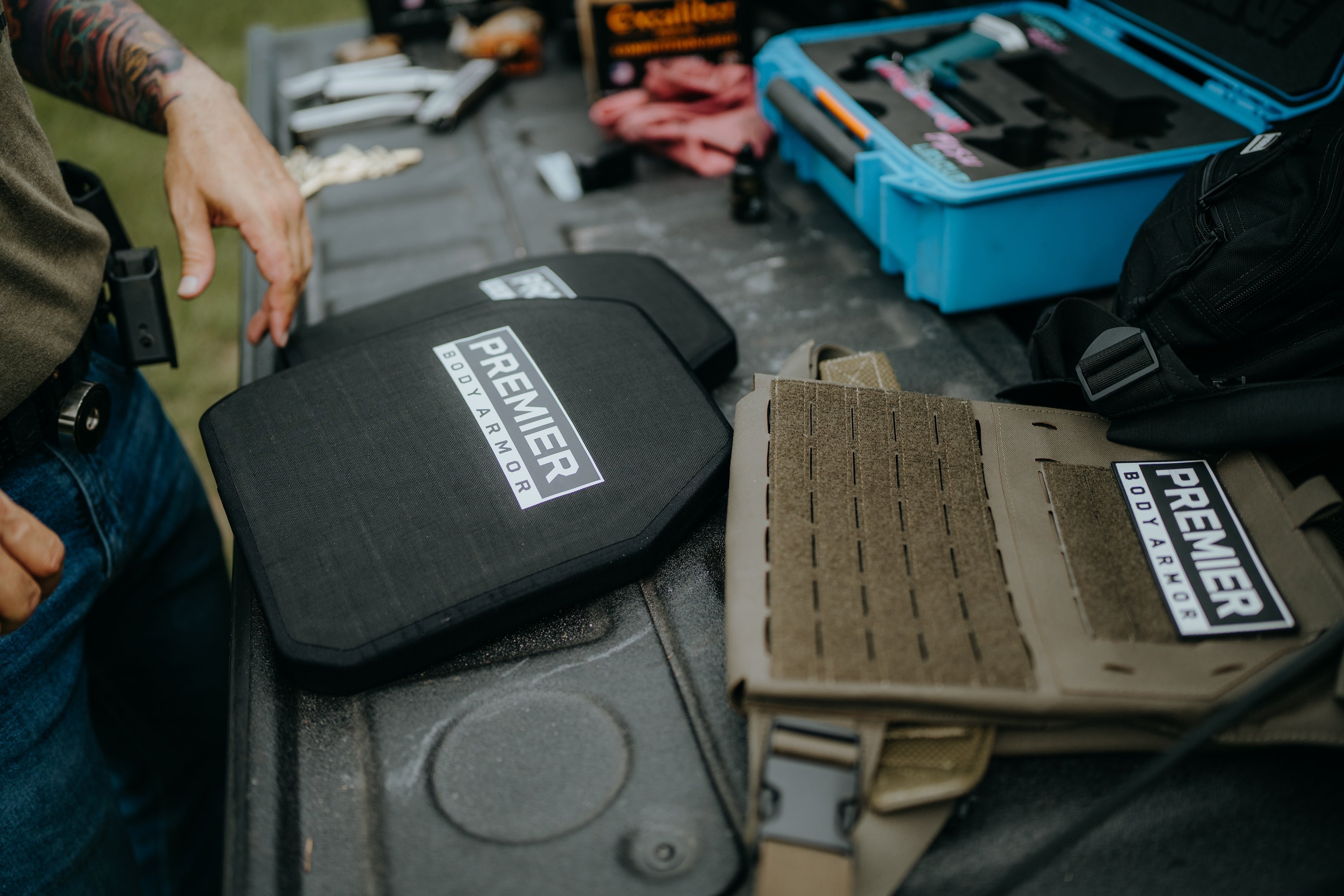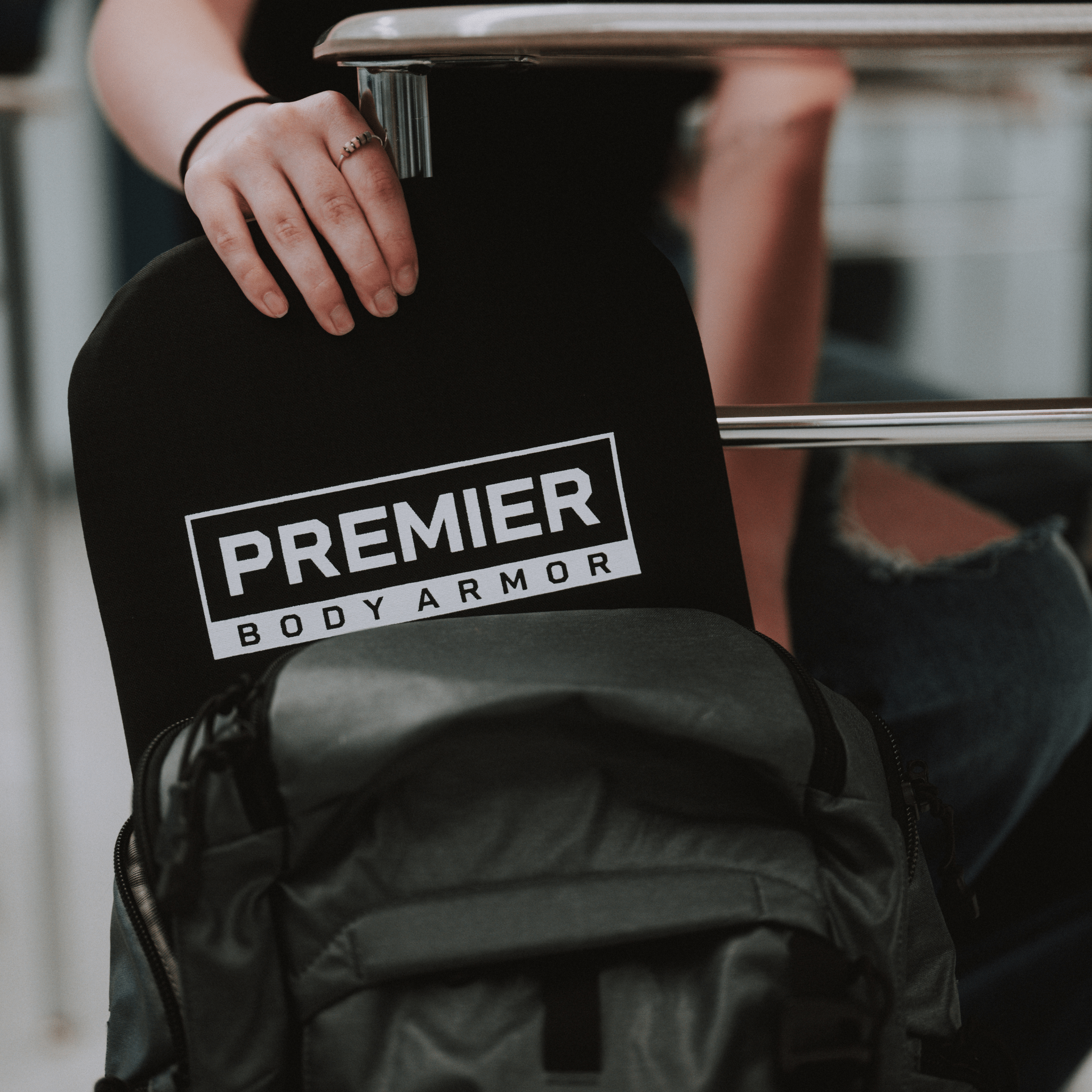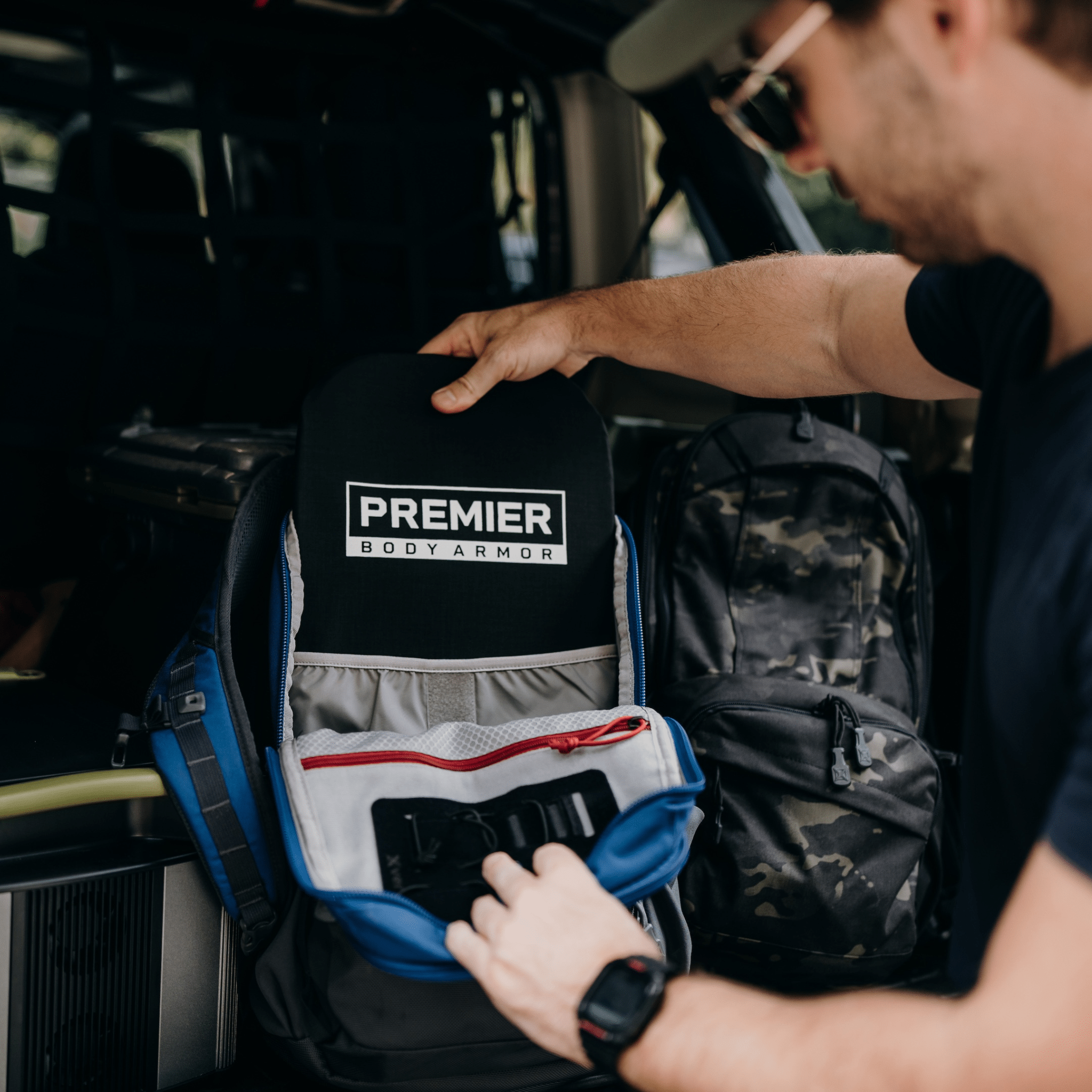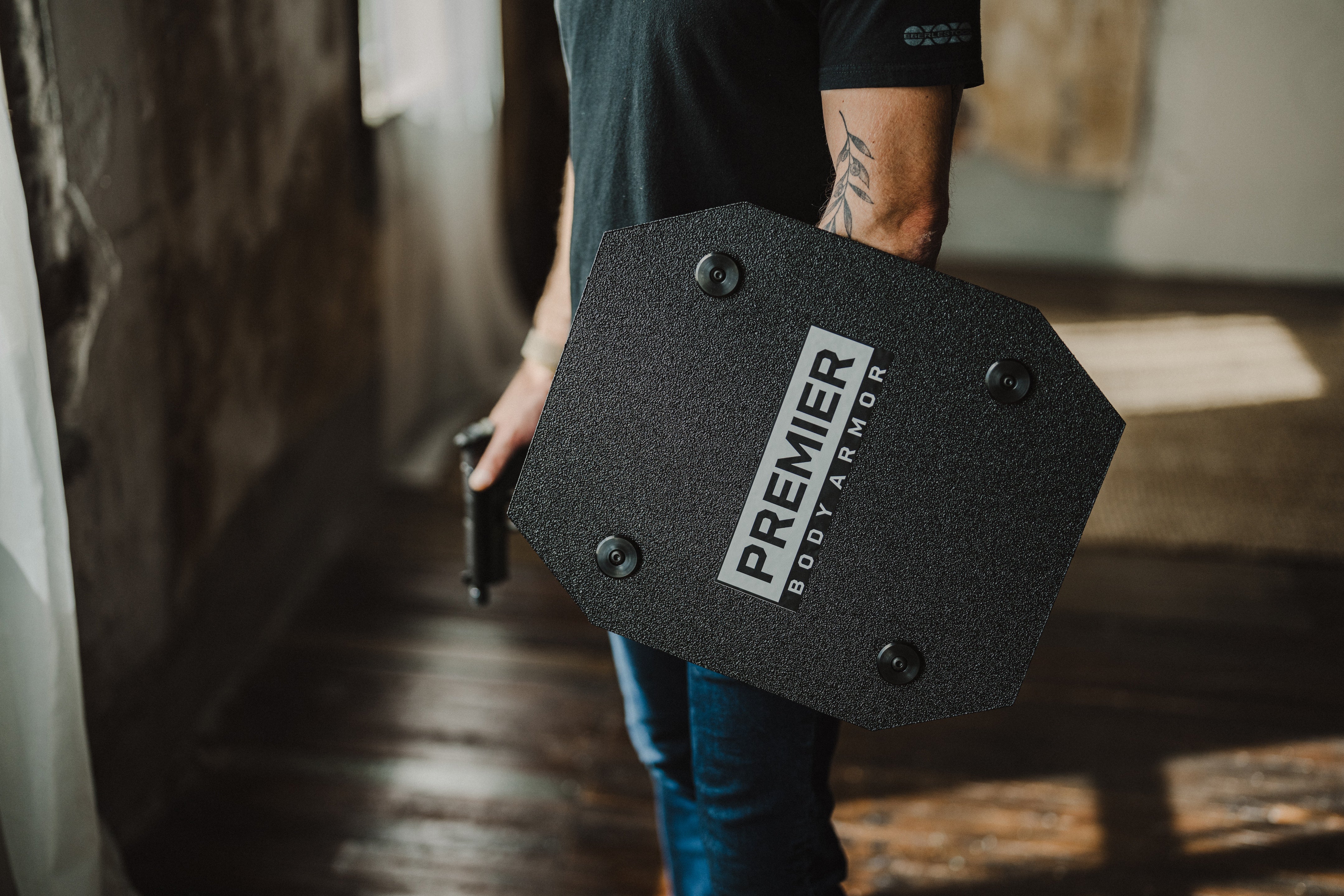What is Frangible Ammo? Definition, Uses, Composition, & More
Frangible ammo is a specialized type of bullet designed to disintegrate upon impact with hard surfaces, minimizing the risks of ricochet and over-penetration. These fragmenting bullets break into tiny pieces when they strike a hard object, making them ideal for use in environments where safety is a top priority.
But what makes frangible rounds different from standard full metal jacket (FMJ) or hollow point rounds? In this guide, we’ll explore the definition of frangible ammo, what it’s made of, where it’s best used, whether it’s legal, and how it performs against body armor.
What Is Frangible Ammo?
What is frangible ammo, and how does it differ from traditional rounds? The frangible ammo definition refers to bullets made from compressed powdered metals, typically copper, tin, or a composite blend, engineered to disintegrate upon impact with hard surfaces.

Unlike full metal jacket or hollow point rounds, frangible bullets are not meant to retain their shape or penetrate through multiple barriers. Instead, they’re designed to break apart into tiny fragments when striking steel, concrete, or other dense materials.
This unique fragmentation behavior significantly reduces the risk of ricochet, splash-back, or unintended over-penetration, making frangible ammunition especially useful in environments like indoor shooting ranges, steel target courses, and shoot houses.
That said, what are frangible bullets capable of? While they shatter against hard surfaces, they still effectively penetrate soft targets, making them viable in specific self-defense contexts. However, their primary strength lies in controlled environments where safety and reduced collateral risk are top priorities.
Related reading: What Are Green-Tipped Bullets?
What are Fragmentation Bullets Used For?
You might wonder, what is frangible ammo used for if it’s designed to break apart on impact? The answer lies in its ability to reduce ricochet and over-penetration. Frangible ammo, also referred to as fragmentation bullets, is commonly used in close-quarters training environments, shoot houses, and steel target courses where safety is paramount.
For civilians, frangible ammo is suitable for indoor range sessions and tactical drills where you want to practice at close distances without the added danger of ricochet or splash-back. Frangible bullets allow shooters to train in tighter quarters with greater peace of mind.
While they aren’t designed for hunting or deep penetration, frangible rounds have niche uses in self-defense scenarios, particularly in apartments or homes where wall penetration could endanger others.
In short, what frangible ammo is used for most often is safe, controlled practice in environments where traditional bullets pose a higher risk.
What Are Frangible Rounds Made Of?
Understanding what frangible ammo is made of helps explain why these rounds behave so differently from conventional bullets.
Most frangible bullets are composed of compressed powdered metals without a traditional jacket or lead core. Instead, what frangible bullets are made of is a blend of these metals under high pressure.
This sintering process creates fragment bullets that are dense enough to cycle properly through your firearm while remaining brittle enough to shatter on impact.
This unique composition means that frangible ammo retains sufficient structural integrity to travel downrange, yet is engineered to disintegrate predictably when striking steel, concrete, or other hard surfaces. The result is a reduced risk of ricochet or over-penetration during training or tactical operations. Moreover, because these bullets break apart easily, they leave minimal residue.
Manufacturers may tweak their formulas with polymer binders or proprietary additives, but ultimately, the goal remains the same: to create a projectile that functions effectively in the firearm while fragmenting safely upon impact.
Is Frangible Ammunition Legal?
If you're asking, are frangible bullets legal? The answer is generally yes. Frangible ammunition is legal to own, purchase, and use in all 50 U.S. states for lawful purposes like range training and self-defense.
However, local or state-specific laws may impose restrictions on specialty ammo types, especially in regulated jurisdictions, so it’s always smart to verify with your local firearms authority or consult a legal professional.
Despite their unique composition, frangible ammo is still live rounds.
Can frangible bullets kill? Absolutely. When used against a soft target, frangible bullets are fully capable of causing lethal damage. They're not "less lethal" or practice-only rounds; they're engineered to fragment upon hitting hard surfaces like steel or concrete, reducing ricochet risks.
Because of their safety advantages in specific environments, frangible ammunition is often used by law enforcement and military units in close-quarter training. However, they may be restricted in certain competitive shooting events, hunting regulations, or concealed carry guidelines, depending on your location.
Are Fragmentation Rounds Good for Home or Self-Defense?
So, are frangible bullets good for self-defense? That depends on your specific priorities and environment. While they may not deliver the same terminal performance as traditional hollow points, frangible ammo for self-defense does offer distinct safety advantages, especially in close-quarters settings. These include a significantly reduced risk of over-penetration and a much lower chance of ricochet.
In particular, frangible ammo for home defense is appealing for people living in apartments, shared housing, or homes with children. Since frangible bullets are designed to break apart upon impact with hard surfaces like walls or furniture, they’re less likely to pass through and endanger someone in the next room.
That said, frangible rounds often lack the energy transfer and expansion characteristics of hollow points, which are typically more effective for stopping a threat quickly. Reliability can also vary, so it’s essential to test how your firearm cycles frangible rounds under stress.
Learn more: Talking to Your Kids About Home Invasion
Will Body Armor Stop Frangible Ammo?
One important consideration is whether body armor will stop frangible bullets. The answer: yes, most soft and hard armor rated for handgun threats can stop frangible ammo just as effectively as traditional rounds in the same caliber.
Since fragmented bullets break apart on impact, they often pose less of a challenge to armor than full-metal jacket (FMJ) or armor-piercing (AP) rounds. However, the performance can vary depending on the round’s velocity and the material used in the armor.
That said, frangible ammo armor performance should never be underestimated. At close range, frangible rounds can still deliver lethal force, particularly when striking unprotected areas.
Learn more: Understanding Body Armor Ratings
The Bottom Line
Frangible ammo is a unique, purpose-built option that excels in training and specialized defense applications. Whether you’re practicing in close quarters or looking for a low-penetration option for home defense, understanding how fragmenting bullets work can help you make safer, more informed decisions.
From their powder-metal construction to their performance on soft targets and steel, frangible rounds offer a mix of safety and practicality that continues to evolve with modern tactical needs.
Looking for ammo that’s safe, smart, and training-friendly? Explore Premier Body Armor’s library of resources and protective gear to find the tools you need to train smarter and defend with confidence.










Very thorough information. I have often wondered if franigible ammo would be a good choice for EDC weapons. Now I know.
Leave a comment